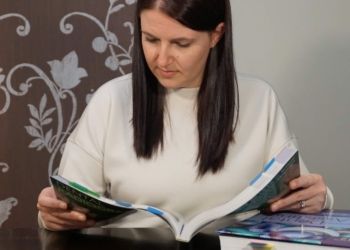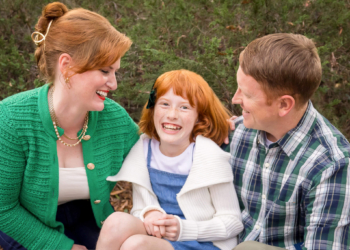The military spouse community is thriving with men and women who have decided to take the challenges of military life into their own hands and turn them into business ventures, creative ideas, and nonprofits that aim to help fellow military families.
It’s thanks to them that the military spouse community has been witnessing a revival. Contemporary spouses are driven to fill gaps within the community and provide military families with more encouragement, support and opportunities in the shape of mentorship programs, conferences and practical guidance. They have become leaders in setting up at-home businesses, marketing services and products, and networking.
Rise of the military spouse community
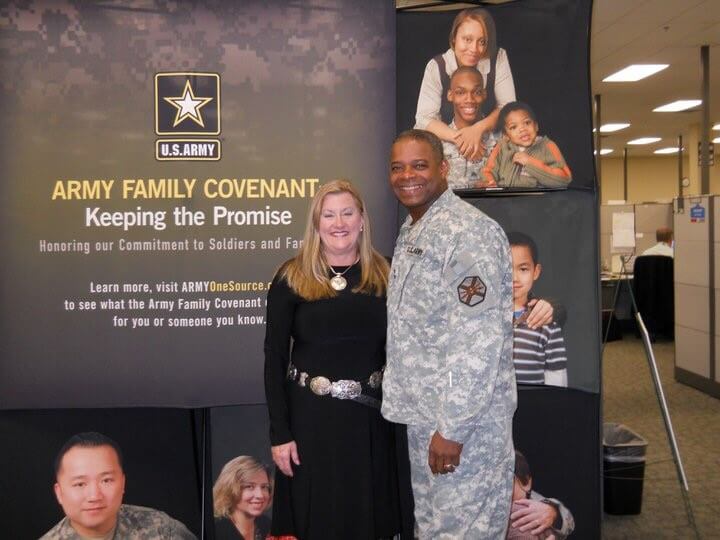
The military spouse community did not use to be as alive and engaged in military life. In fact, in the 1980s and 1990s, the spouse community existed very differently. Military spouses were limited to the support offered by military installations, where hundreds of women and children would gather to receive information regarding their military member’s whereabouts.
It would take many years for change to happen.
“In 2004, military leaders and employers recognized the need for better support but didn’t know how to reach non-traditional military spouses who left the base to seek support and employment outside of the military community,” said Deb Kloeppel, founder of Military Spouse Corporate Career Network. “There were limited resources by way of a direct-connect hiring system for military spouses into the corporate workforce.”
Kloeppel says she created MSCCN to focus on providing job search and job placement services to the military community. The organization was able to build a nationwide network of corporate and small businesses that work with MSCCN specialists to hire military spouses.
Turning challenges into opportunities
It was also during that decade that other fellow spouses recognized the need to turn less-than-ideal situations into much needed opportunities.
“Frustrated by the challenges and seeking a platform to make a difference,” Kathy Roth-Douquet stated, “a group of concerned spouses and I started Blue Star Families in 2009. Now a flourishing national nonprofit, BSF tells the stories of military families and fosters stronger communities around them to mitigate their isolation, lend them support, and increase employment opportunities for spouses.”
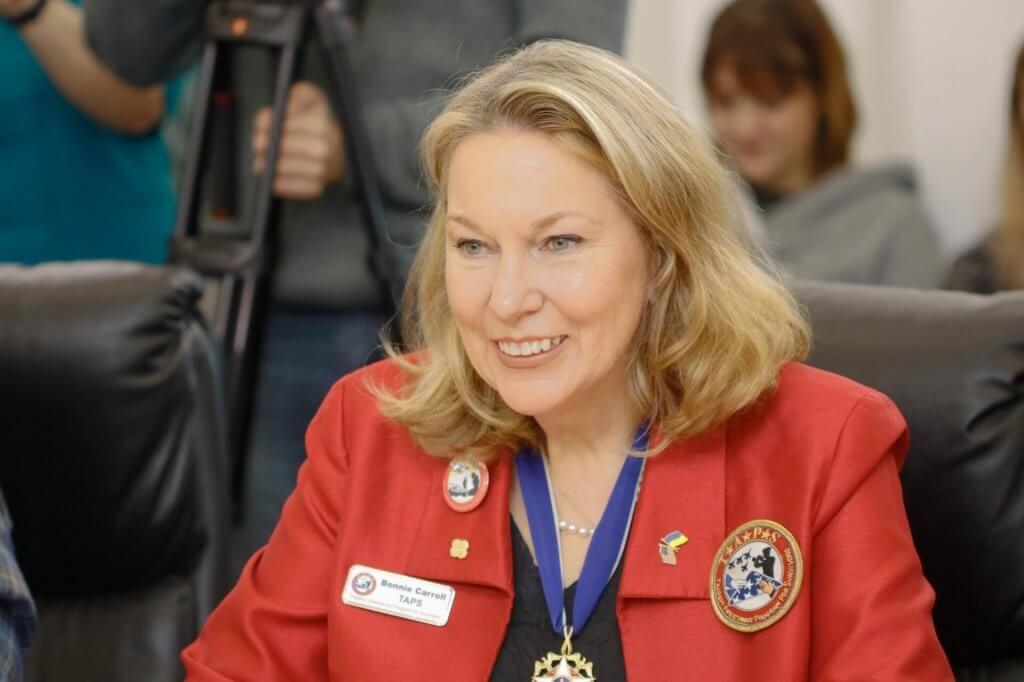
One of the most well-known, appreciated and trusted organizations, Tragedy Assistance Program for Survivors, was born from a military spouse’s need for moral and practical support after her own tragic loss.
“When my husband and seven other soldiers were killed in an Army plane crash,” Bonnie Carroll, founder of TAPS, explained, “I went looking for the kind of organization I knew existed for other types of loss in our society and was sure had to exist for military families. After months of searching, I found that there was no national network for all those grieving the death of a military loved one, where surviving families could find comfort and resources.”
Carroll realized a shortcoming in the community, and decided to create a way for widows, parents, brothers, sisters and children of fallen heroes to connect with one another.
“Today we have over 85,000 in our care, with an average of 18 newly grieving survivors coming to us each day,” she said.
Change and life as a military spouse
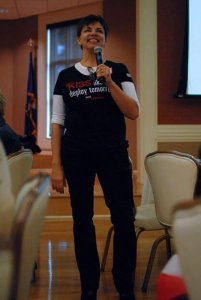
Change is the only constant of military life, and spouses need to remember that when change comes knocking, it can often lead to new and exciting opportunities.
Jacey Eckhart, an author and public speaker, says she found the strength to start the Next Door Project — a workbook featuring a collection of skills and knowledge to help adults navigate major life changes and get to their new normal — after she went through her own hardship. She was forced to give up a high-end corporate career to move to Norway with her husband.
“It was like a door slammed shut on the professional life I used to have,” Eckhart said. “For the first time in 20 years, I had no work, no live events, no friends. I freaked out. I learned that for adults, major change almost always starts with one door closing. Then there is a long barren middle you have to travel before you find your next door.”
Although change is unpredictable, it is important to be prepared to face it when it does happen. Sue Hoppin, founder of National Military Spouse Network, has three golden rules for younger military spouses to follow.
-
Find a mentor and a sponsor.
-
Have a plan and know where you want to be in five, 10, 15, 20 years. If you don’t know where you’re headed, then every opportunity will look like a good one.
-
Always keep your resume updated, even if you’re not looking for a job. You should always be ready.
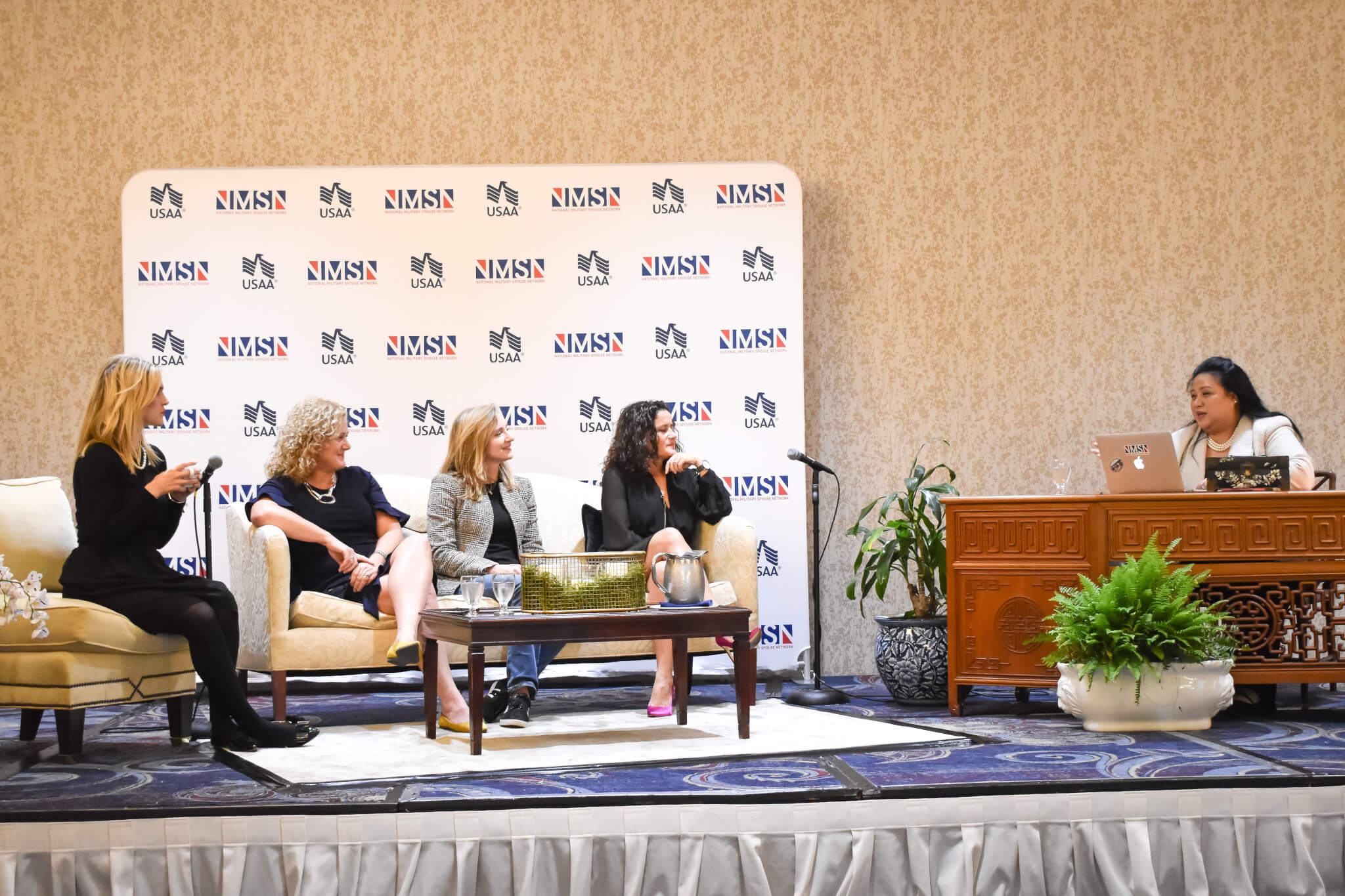
The future of the military spouse community
There is a buzzing, bubbly and brilliant military spouse community that has taken over military culture. New businesses, organizations, retreats, conferences, books and even TV shows are being launched consistently by spouses who have understood that, in order to keep up with the constant change that comes with this lifestyle, they have to turn challenge into opportunity.
However, the only reason why so many military spouses now have the chance of becoming entrepreneurs, speakers, mentors and creatives is because years ago, five women said, “Enough!” and pushed for change, thus starting something that would eventually have a ripple effect throughout the community.
Read comments















